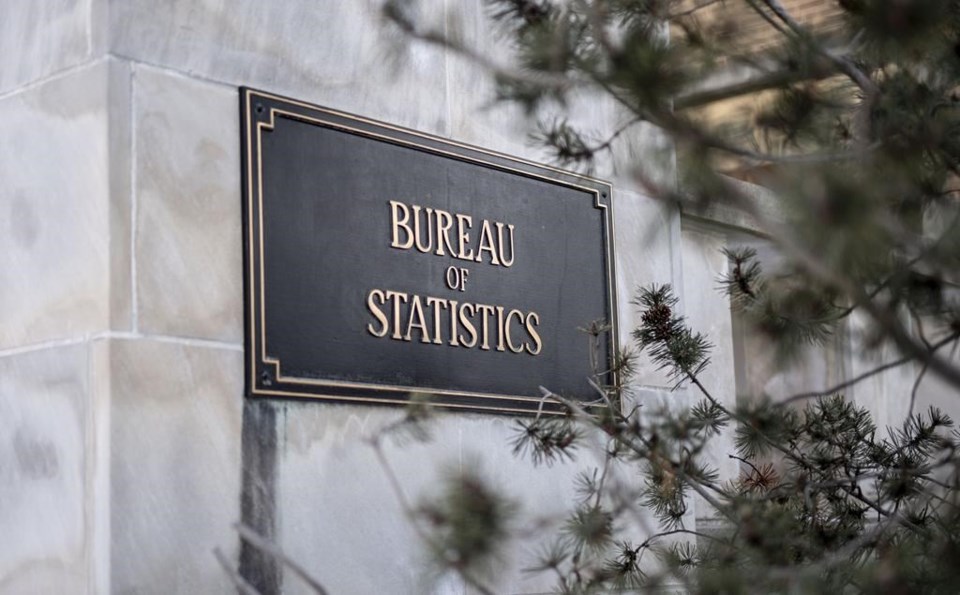OTTAWA — A Canadian polling expert is raising concerns about the results of the Statistics Canada language census after the order of two questions was swapped on the national questionnaire last year.
The national statistics agency flipped the order of two questions related to which language Canadians spoke at home on a regular basis and which languages they spoke most often.
The results showed an "unprecedented" rise in the number of Canadians who spoke both English and French as their mother tongue, said Jack Jedwab, CEO of the Association for Canadian Studies.
"In fact, multiple responses on the whole have shifted tremendously over this period," said Jedwab.
The shifts he's noticed may be due to the change in the questionnaire rather than a true rise in the number of people who speak both official languages as their mother tongue.
"The census is like a tapestry, it's interwoven. When you pull on one thread, the other parts of tapestry are affected. And they pulled hard on one thread here," he said.
In past census questionnaires, respondents were asked which language they spoke most often at home, and then asked what other languages they spoke at home on a regular basis.
For the 2021 census, the agency asked which languages were spoken at home on a regular basis, and only those who gave more than once answer were asked which language they spoke most often at home.
The subtle change may have had a large effect, Jedwab explained.
"It is a big deal," he said. "The way in which questions are formulated, and the way in which they're presented to you, can have a profound impact on the way we respond."
He said he has the "utmost respect" for Statistics Canada, and serves on the agency's committee on language statistics.
Statistics Canada did extensive tests before making changes, said Laurent Martel, the director of the agency's centre of demography, in a statement Monday.
Those tests showed that when the order of the questions was changed, respondents understood them better, he said.
The agency included a caution about the question change when it published the data, but suggested the data about the language spoken most often at home is still comparable with previous census results.
Jedwab fears the warning does not go far enough, and that people who rely on the data to develop policy could misconstrue the results.
In a statement, the commissioner of official languages, Raymond Théberge, urged Statistics Canada to discuss the issue with Jedwab and other researchers.
"As with any important changes to the census, communication is key," he said in a statement Monday. "It is important that potential effects on comparability of data are fully explained."
This report by The Canadian Press was first published Oct. 3, 2022.
Laura Osman, The Canadian Press




